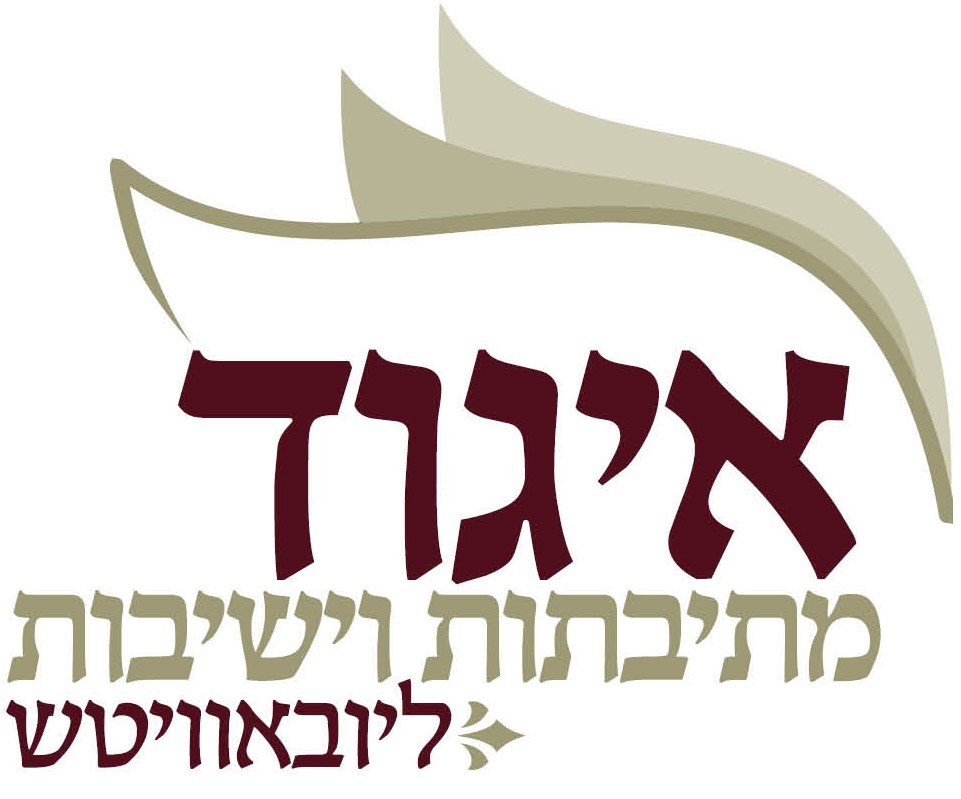Last Thursday, Yud Beis Elul at 2:37PM, The Queen died.
At that moment, her oldest son became King Charles III.
Whilst we rarely see the effect or perhaps even the need for the monarchy in our daily lives, as Yidden we know it is real.
We know that because Torah instructs us to make a special Brocha upon seeing the monarch.
Similarly, as believers in Hashgocha Protis, we recognize it is not by chance that Charles is the firstborn and Heir to the Queen, and now King. The Mesavev Hisibos has chosen him – שחלק מכבודו לבשר ודם
There is an oft-told story which rings pertinent this week; of the uncertainty in the Shtibel during the days of the Russian Revolution as to which side of the debate would be better for Yidden.
Many a Czar had made life for the Yidden difficult, and democracy seemed an attractive proposal (this was before the Bolsheviks took over).
But after the overthrow of the Czar, there was one Chossid who was particularly upset. His disappointment wasn’t about who would provide a better quality of life – he was busy with far bigger issues than that.
He was concerned that without a real-life king, it would be so hard for future generations to understand the Mesholim in Chassidus.
***
Those of us living in the UK this last week have learned a lot about the inner workings of monarchy, and the serious responsibility and solemn duty behind the pomp and splendour of kingship.
In these next lines, I wanted to share with you one thing that struck me.
About forty hours after his ascension to the throne. On Shabbos morning, Yud Daled Elul at 10:00, a group of ministers and dignitaries known as the “Privy Council” gathered in an opulent regal room to appoint King Charles as monarch.
But here is the thing, this ceremony couldn’t have been for him – as he had already been king for almost two days. Rather, this ceremony was for his subjects.
His subjects needed to proclaim his kingship and accept his rule, so that they may internalise this reality for themselves.
As trumpets sounded from a Balcony of the Palace, and the proclamation that had just been signed inside was read out loud for all the new kings subjects, those gathered witnessing this majestic procedure responded with the cry “G-D Save the King”.
A scene repeated outside each town hall through the lands of the realm.
Because, whilst a remote king may be able to play a technical part in running the country, without being relevant to his subjects and without their acceptance of him, it is impossible for him to inspire his subjects to act as he sees fit.
To be inspired by his majesty, we need to notice him. Proclamations focus us, helping us internalise facts.
To care for his desires, we must recognise his greatness. Just as without knowing his ability to discipline, it is awfully hard to care for his say so.
***
As we climb the ladder of Davening, our perception of the world in front of our eyes limits our ability to understand and relate to actual existence.
So, to help us appreciate the greatness of the words we say to be מקבל עול מלכות שמים – if not understand the depth of the words themselves – our Chachomim guided us to articulate each day prior to saying Krias Shema, a description of the pomp and ceremony of the Malochim, as they proclaim the kingdom of the king of kings.
Krias Shema – our proclamation, for the purpose of our personal internalisation, of the existing reality of the true king. The only true existence.
I have heard people making comparisons of the events this past week to the Kabbolas Hamalchus of Rosh Hashana.
But I respectfully contend that they are mistaken.
Rosh Hashana is about creating, developing, and nurturing a desire and willingness for a king to become a king. Something entirely deeper from our relating to the existing king.
No,
The pomp and splendour witnessed this past week throughout the nations of the realm and the commonwealth upon this proclamation – is not a Moshol for Rosh Hashana, it is a Moshol for קריאת שמע שחרית וערבית.
The Baal Shem Tov taught us to learn from everything we see; So think about these ceremonies and
Realise the massiveness of the twice daily acceptance of the ruler of all rulers – as we say but six short words.
I shudder at the enormity of the kind of acceptance needed for בנין המלכות.
